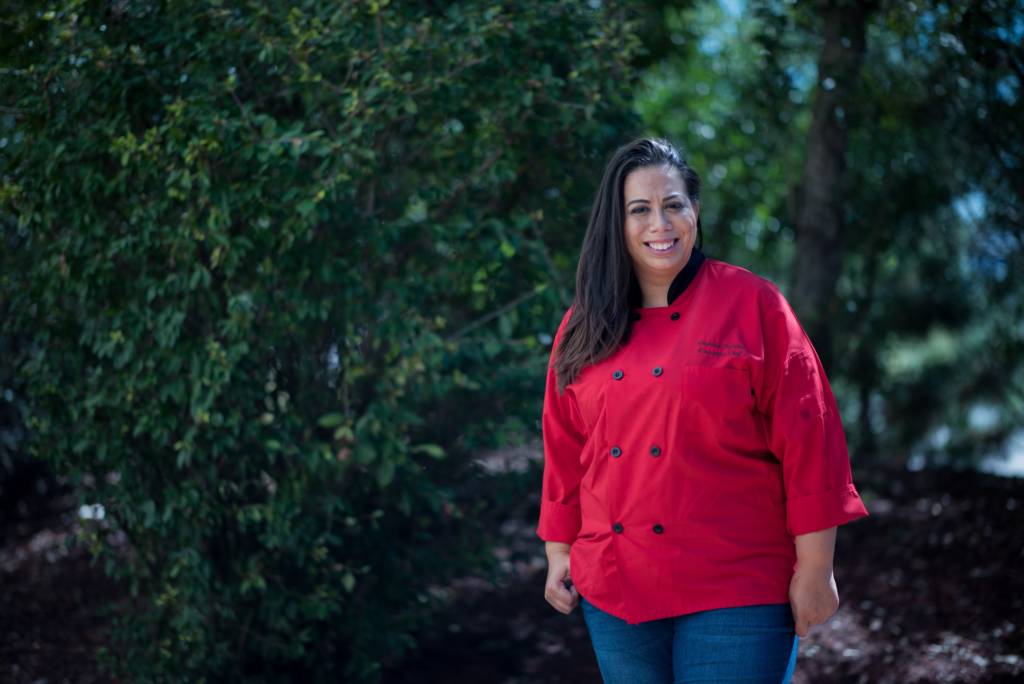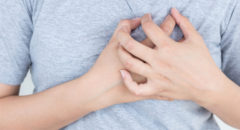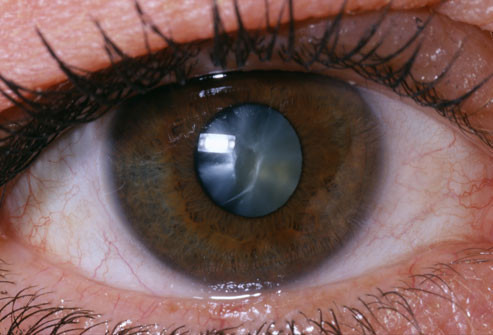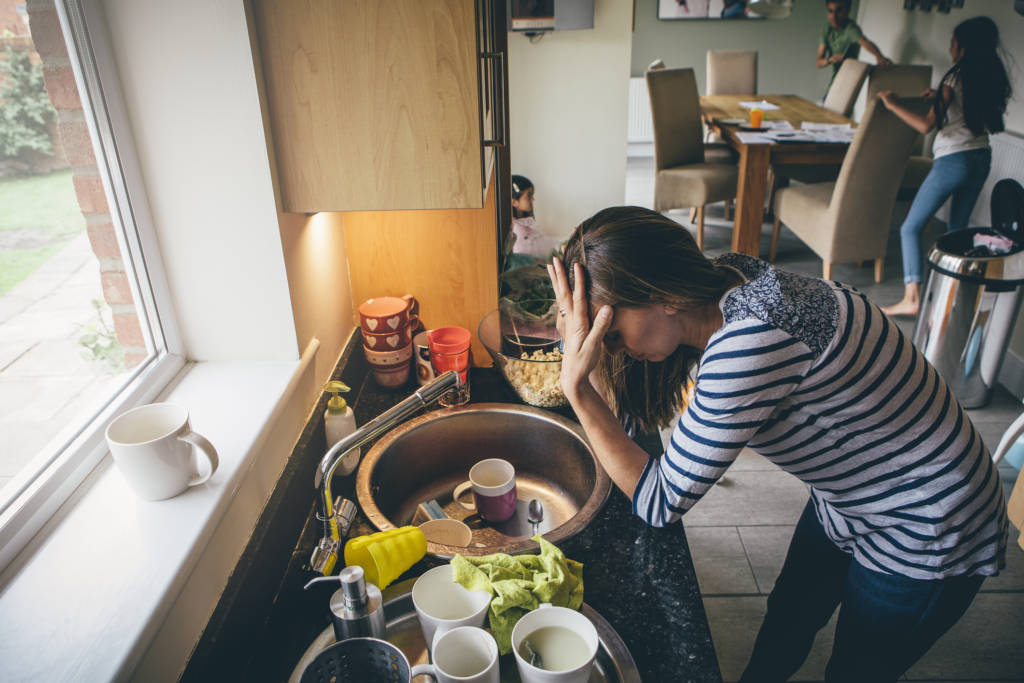DeJesus is now a chef and owns a small catering company, and through the local hospital network in Houston she works with different hospitals helping educate people about living a heart-healthy lifestyle. She teaches cooking classes, helps people learn about what is heart healthy and what is not, how to read food labels, and even shares healthy recipes with the American Heart Association.
 DeJesus believes that healthy eating starts at the supermarket. “I always tell people to shop on the outside of the grocery store because a standard grocery store is set up with the produce, fruits, and vegetables as you walk in, then your meats, then on the other side the frozen section,” she says. Shopping with what you see first, which are the fruits and vegetables helps you control your sodium. She recommends that people should always pick fresh fruits and vegetables over canned or frozen. “Definitely stay away from canned fruits unless they are packed in natural juices because usually, they add more sodium or preservatives just so that they can stay longer on the shelf.”
DeJesus believes that healthy eating starts at the supermarket. “I always tell people to shop on the outside of the grocery store because a standard grocery store is set up with the produce, fruits, and vegetables as you walk in, then your meats, then on the other side the frozen section,” she says. Shopping with what you see first, which are the fruits and vegetables helps you control your sodium. She recommends that people should always pick fresh fruits and vegetables over canned or frozen. “Definitely stay away from canned fruits unless they are packed in natural juices because usually, they add more sodium or preservatives just so that they can stay longer on the shelf.”
DeJesus is sharing her story as part of the Go Red For Women campaign with the American Heart Association. With this campaign, they are encouraging women to know their numbers: total cholesterol, HDL (good) cholesterol, blood pressure, blood sugar, and Body Mass Index (BMI). These numbers help women take control of their heart health and help them lead a healthier lifestyle.
“I come from a family that has zero history of heart disease, my mom is one of twelve siblings and no one has heart disease,” says DeJesus. If it weren’t for what she’s been through, they probably wouldn’t be leading a healthier lifestyle. People don’t believe that something like heart disease can happen to them until it affects them personally or a member of their family.
The fact is that one in three women die from cardiovascular diseases each year. This is why it’s important to talk about heart disease, schedule an appointment with your doctor and ask about your numbers. Heart disease is preventable and it’s important to know the risk factors and get regular checkups.






